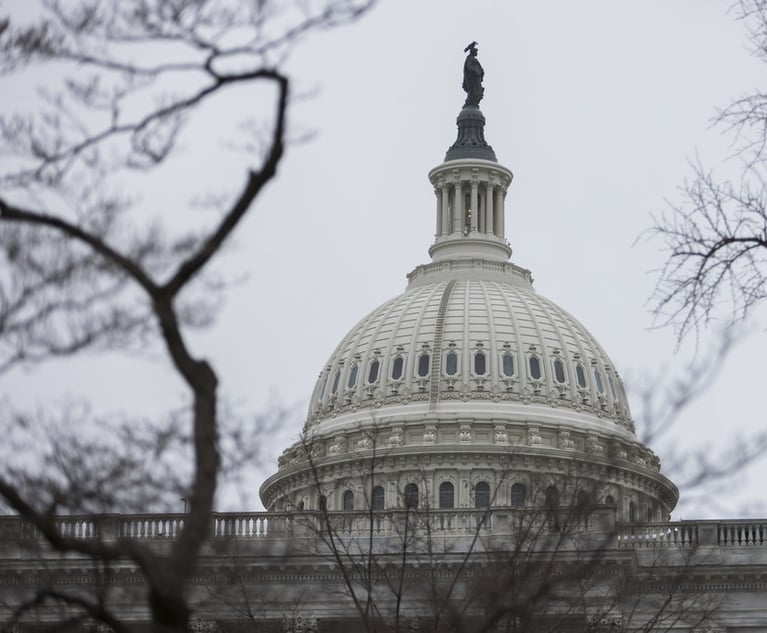The U.S. Court of Appeals for the Sixth Circuit recently held that a federal consent judgment was assignable to a successor of the plaintiff-company that was a party to the original consent judgment. That decision, in and of itself, is not entirely surprising—Michigan contract law allows such rights to be assigned unless clearly barred.
 But the Sixth Circuit’s decision in Evoqua Water Technologies v. M.W. Watermark, No. 18-2397/2398, raises the larger question of what law should be used to govern the interpretation of a consent decree entered by a federal court: federal common law or state contract law? Numerous circuits have held that in interpreting a federal consent decree, courts should rely on federal common law. A handful, including the Sixth Circuit again in this case, have held that courts are to look instead to state law. Evoqua Water Technologies demonstrates a continuing circuit split that will require U.S. Supreme Court resolution in the near future.
But the Sixth Circuit’s decision in Evoqua Water Technologies v. M.W. Watermark, No. 18-2397/2398, raises the larger question of what law should be used to govern the interpretation of a consent decree entered by a federal court: federal common law or state contract law? Numerous circuits have held that in interpreting a federal consent decree, courts should rely on federal common law. A handful, including the Sixth Circuit again in this case, have held that courts are to look instead to state law. Evoqua Water Technologies demonstrates a continuing circuit split that will require U.S. Supreme Court resolution in the near future.









